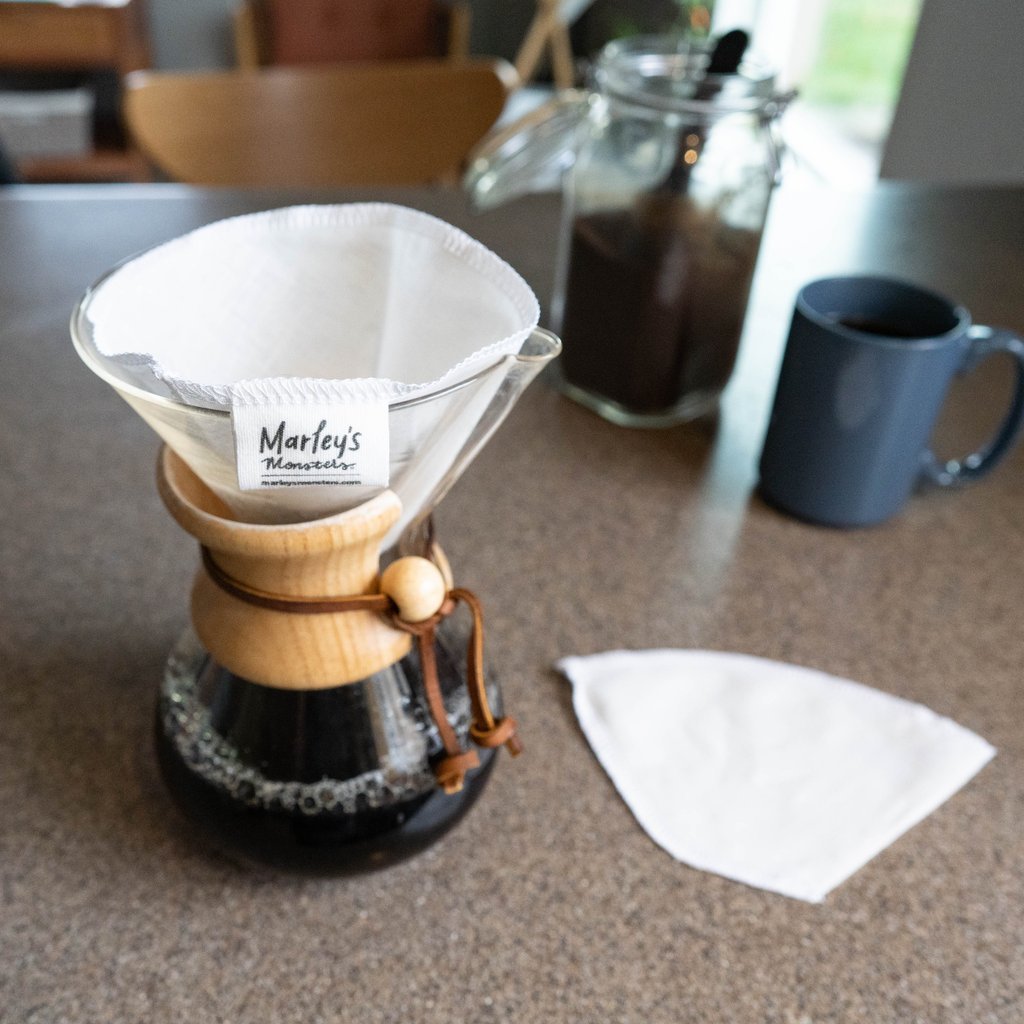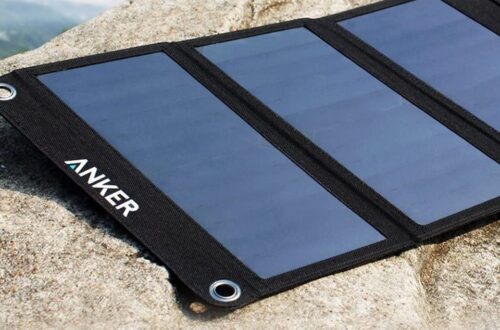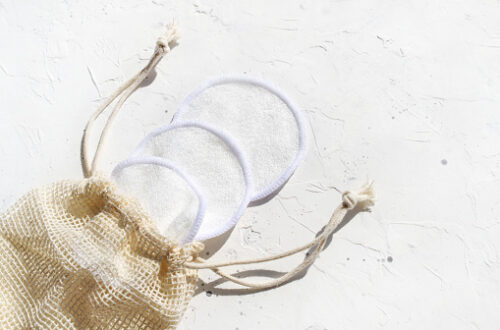Which is best, metal vs cloth reusable coffee filters?
Eco-conscious people have two alternatives to paper coffee filters. Those choices are cloth or metal. If you’re serious about your coffee, the choice that you make is a pretty big deal. Your overall coffee experience is predicated on the type of filter you choose for your daily coffee ritual. The aromas, the body, the acidity, the way the flavors blend together will all be impacted by your coffee filter type. Let’s explore both options so that you can make an informed decision as to which one will best suit your taste preferences and lifestyle.
Cloth Coffee Filters
Now cloth filters predate the invention of the paper and metal filters, which was invented in 1906 by Melitta Bentz. Before the 20th century cloth filters were the norm. Even today, in the coffee cultures of Spain, Latin America and Asia the use of cloth for brewing is more common.
What differentiates cloth from metal filters is that when properly cared for cloth coffee filters generally filter out some oils while also catching more small particles, or fines. In fact, cloth filters catch cafestol, which is an oil linked to high levels of cholesterol. This gives a gentle tea-like body in the cup combined with a slight sharpness where sweet notes aren’t counteracted by bittering particles.
When it comes to cloth coffee filters, proper care is key. If not properly cared for, the retention of rancid coffee oils in dirty reusable cloth filters can impart an off-putting flavor. Though, cloth filters can last a few dozen brews before contributing off flavors to your coffee. Overall, cloth filters have a lifespan of over 100 brews. This is why many health conscious coffee drinkers prefer cloth filters.
Metal Coffee Filters
Now in the U.S., metal filters are more common. Compared to cloth, metal filters don’t have the finely woven fibers that absorb the natural oils or catch the microscopic grounds. Though barely noticeable in texture, the oils contribute a huge amount to the overall flavor experience. The microscopic grounds cause your coffee to taste slightly heavier. They also cause your taste buds to not perceive them to be so strong, intense, and biting.
What also differs between the cloth and metal coffee filter is the cleaning process. While the cloth filter can be thrown in with the laundry, the cleaning process of the metal filter may be more cumbersome.
So it comes down to this. Do you enjoy a richly aromatic, oily, clean, bright body Central or South American cup of coffee without the sediment? If so, a cloth filter might serve you best. Alternatively, do you often drink fruity coffees from Africa or bold coffees from Asia with a rich, robust flavor profile? Then you might appreciate the additional flavor and body that a metal filter affords. Ultimately, it just comes down to what works best for you. Which one do you prefer?
Which is best in your opinion between metal vs cloth reusable coffee filters?





